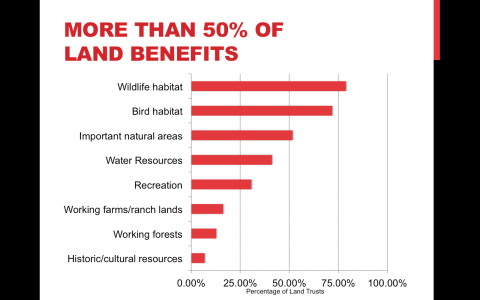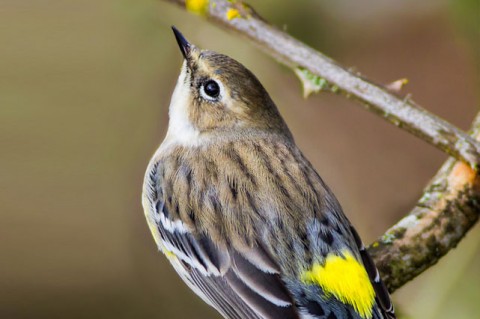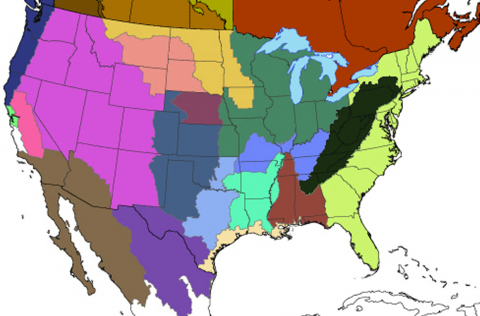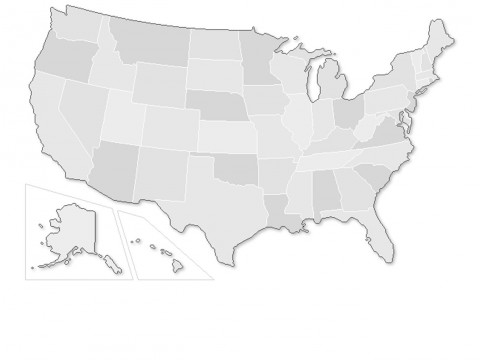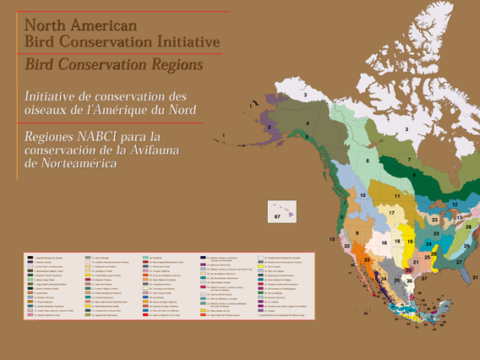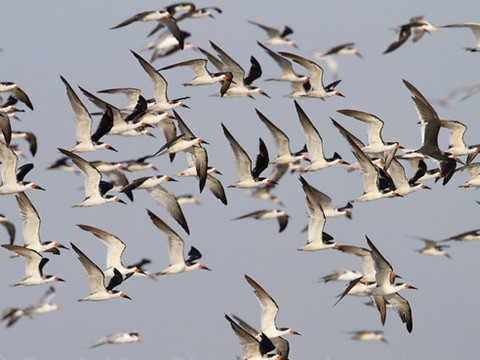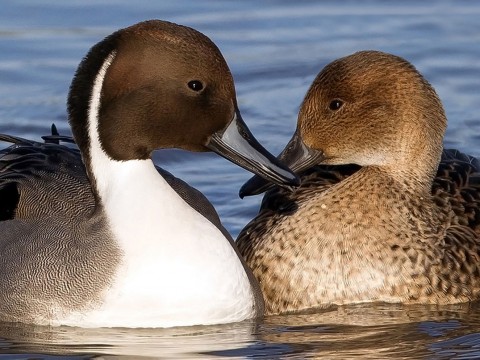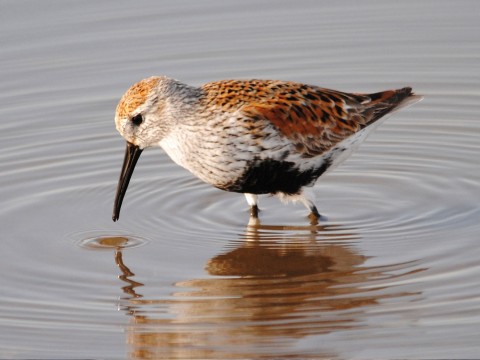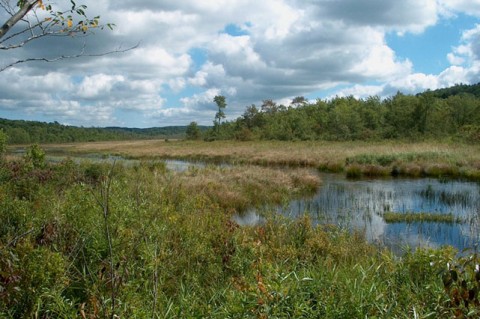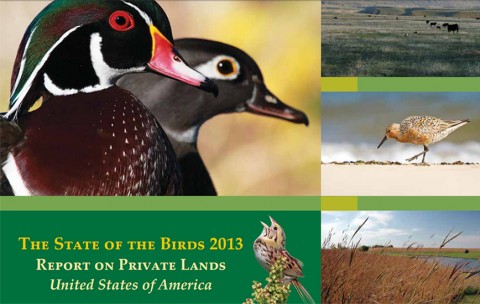The existing network of bird conservation partners and resources provides an excellent opportunity for land trusts to engage in conservation at different scales. This Resource Directory is designed especially for land trusts: bringing many of the resources together in one place and helping navigate the resources to find what is pertinent to land trusts. The resources can be useful for land trusts’ funding proposals, community outreach, strategic conservation planning, land acquisition and easement justification, management plan development, and monitoring. The resources on these pages are organized by four categories – Engaging People, Planning, Management Guides, Presentations and Publications, and Equity, Diversity, Inclusion, and Justice.
If there are additional resources that you’ve found helpful and would like added to the site, please email us with the resource name, category in which it should be listed, online link, and a description of how it’s useful to land trusts. We value your contributions!
 Land trusts and bird conservation: A needs assessment Western states
Land trusts and bird conservation: A needs assessment Western statesIn 2014, we conducted an online survey of regional and local land trusts throughout the U.S. to learn more about land trusts’ interests and experiences with bird habitat conservation and related resources. This publication reports on the Western states’ results from the survey.
 Partners in Flight
Partners in FlightPartners in Flight is a cooperative partnership that strives to combine, coordinate, and increase resources of public and private organizations in the Western Hemisphere to achieve greater success in conserving bird populations.
 Joint Ventures
Joint VenturesMigratory Bird Joint Ventures are cooperative, regional partnerships that work to conserve habitat for the benefit of birds, other wildlife, and people.
 State Wildlife Action Plans
State Wildlife Action PlansState Wildlife Actions Plans are proactive strategies that assess the health of each state’s wildlife and habitats, identify the problems they face, and outline the actions that are needed to conserve them over the long term.
 Bird Conservation Regions
Bird Conservation RegionsBird Conservation Regions (BCRs) are ecologically distinct regions in North America with similar bird communities, habitats, and resource management issues.
 U.S. Shorebird Conservation Plan
U.S. Shorebird Conservation PlanThe U.S Shorebird Conservation Plan was drafted by partners from state and federal agencies and non-governmental organizations from across the country who pooled their resources and expertise to develop a conservation strategy for migratory shorebirds and the habitats upon which they depend.
 North American Waterfowl Management Plan
North American Waterfowl Management PlanThe North American Waterfowl Management Plan is a strategy, crafted by the waterfowl management community in the United States and Canada, to increase waterfowl populations through habitat protection, restoration, and enhancement.
 Waterbird Plan
Waterbird PlanA plan created to support a vision in which the distribution, diversity, and abundance of populations and habitats of breeding, migratory, and nonbreeding waterbirds are sustained or restored throughout the lands and waters of North America, Central America, and the Caribbean.
 Important Bird Areas
Important Bird AreasThe Important Bird Areas Program is a global initiative of BirdLife International, implemented by Audubon and local partners in the United States. The IBA program identifies and aims to conserve areas that are vital to birds and other biodiversity.
 State of the Birds on Private Lands
State of the Birds on Private LandsState of the Birds on Private Lands is a report produced by the Cornell Lab and other national conservation partners that highlights the enormous contributions that private landowners make to bird and habitat conservation.



